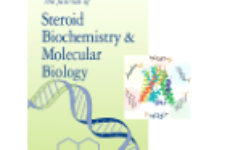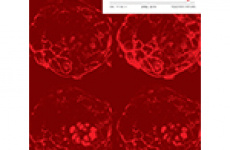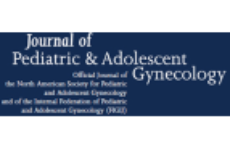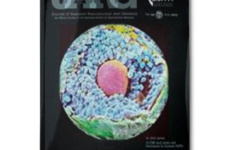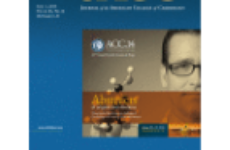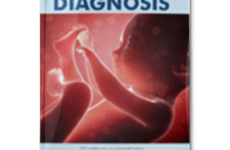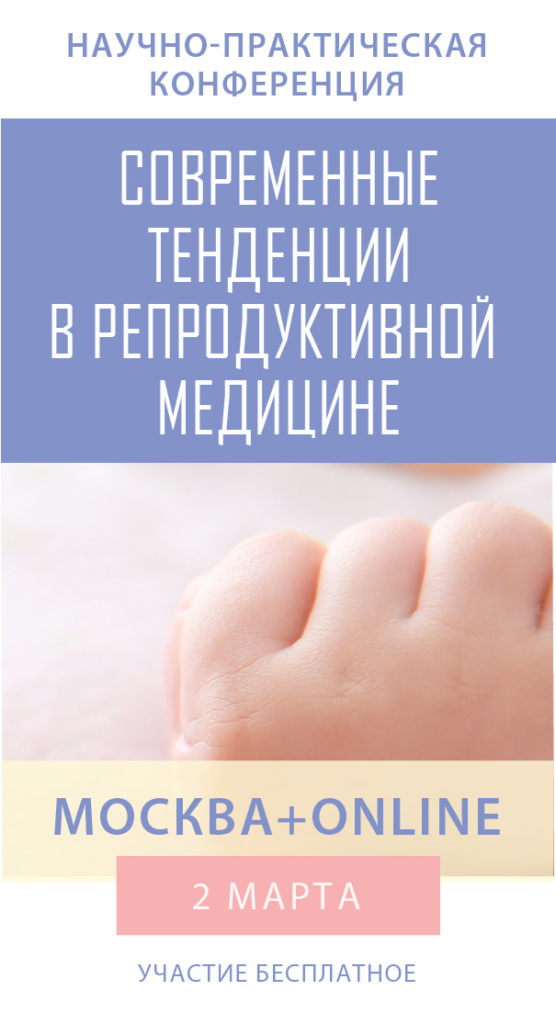 Context
Context
Maternal vitamin D insufficiency has been associated with fetal growth restriction. However, the effect of maternal vitamin D supplementation on fetal growth has not been confirmed.
Objective
To assess the effect of maternal vitamin D supplementation recommended by the Institute of Medicine (IOM) during pregnancy on the neonatal vitamin D status and the risk of small for gestational age (SGA).
Design and Participants
As part of the China–Anhui Birth Cohort study, maternal sociodemographic characteristics, food intake, lifestyle, information on vitamin D supplementation, and birth outcomes were prospectively collected. For participants, 600 IU/d of vitamin D3 was routinely advised to take during pregnancy. Cord blood levels of 25-hydroxyvitamin D [25(OH)D], calcium, and phosphorus were measured in 1491 neonates who were divided into three groups based on the duration of maternal vitamin D supplementation during pregnancy.
Results
Mean cord blood concentrations of 25(OH)D were 3.5 nmol/L higher [95% confidence interval (CI), 0.8, 6.2] in neonates (median, 37.9 nmol/L) whose mother took vitamin D supplementation for >2 months during pregnancy compared with those (median, 34.3 nmol/L) whose mother did not take any supplement. These significant differences on cord blood concentrations of 25(OH)D occurred regardless of the season of birth. The adjusted risk of SGA in pregnant women with vitamin D supplementation for >2 months was significantly decreased than that in women without any vitamin D supplementation (11.8% vs 6.9%; adjusted odds ratio = 0.53; 95% CI, 0.32, 0.87).
Conclusions
The findings from China suggest that maternal vitamin D supplementation recommended by the IOM results in a slight but significantly higher fetal level of 25(OH)D and improves fetal growth.
Rui-xue Tao Deng-hon Meng Jing-jing Li Shi-lu Tong Jia-hu Hao Kun Huang Fang-biao Tao Peng Zhu
The Journal of Clinical Endocrinology & Metabolism, Volume 103, Issue 1, 1 January 2018, Pages 244–252



